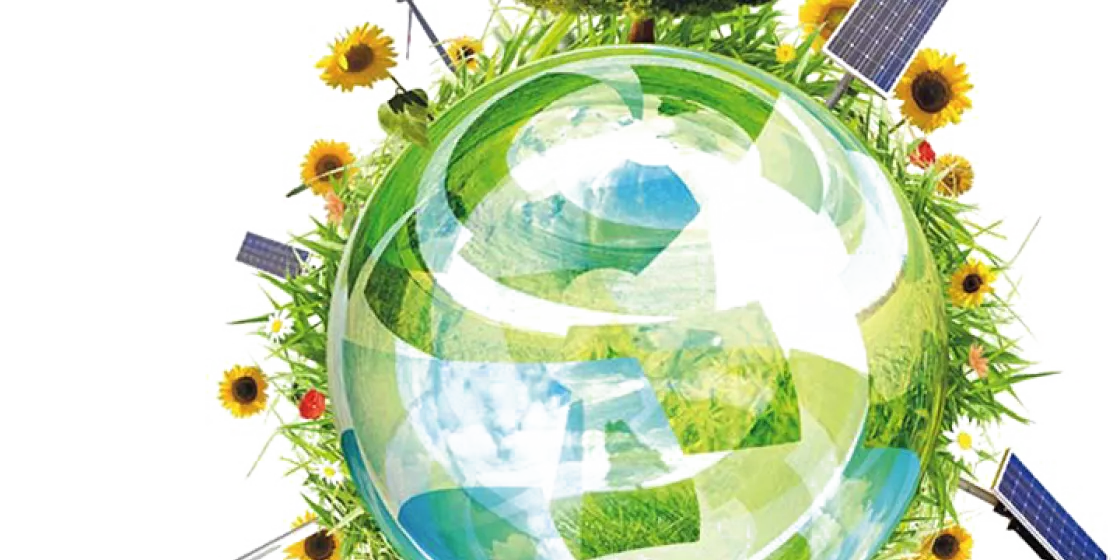Since 2008, global crises have come thick and fast – affecting our energy, resources, climate, food security, and economic and financial systems. We are living through a time in which planetary boundaries are not merely a theoretical concept but are increasingly being felt on a real-life level. The issues that this raises have global significance – but they also affect each and every one of us.
How do we want to live? We must start with ourselves: more time for friends, more time for family, more time simply to be. It’s about creating space and scope for action – in the natural world, or through groups or associations. It means making our money count by shopping sustainably in a world where prices increasingly mirror political conditions and the social and ecological footprint left by the goods and services we choose. It means more sustainable mobility and perhaps less mobility – and fewer (long-haul) flights in particular. For more and more of the world’s poor, mainly in the developing countries but also in our own midst, it means, above all, the right to adequate, safe and healthy food and water. Both here and there, it means access to energy – renewable energy – and, ultimately, access to development.
The emerging countries have, until now, often copied our Western consumption models. Sustainable forms of economic activity and lifestyles (now) barely exist. In these countries, Germany’s experiment with the transformation of its energy systems is followed with great interest. If it succeeds, Germany – as an industrial country with no nuclear power and very little fossil fuel use – could send out a clear message worldwide. At present, the lack of trust and confidence in the success of this transformation, the lack of a real-world example of a post-fossil industrial country, is paralysing international progress.
Making the transition from a fossil to a post-fossil economic system is a major challenge. However, in a Great Transformation, it merely marks the switch, in one first sector, towards a closed substance cycle economy as a response to planetary boundaries. Definitive answers to social issues, such as intergenerational justice, must also be sought.
The economic and social scientist Karl Polanyi coined the phrase “Great Transformation” in 1944. He analysed how, as a result of the Industrial Revolution, the production factors, i.e. labour, land and capital – and with them, people too – had lost their embeddedness in a broader cultural context and were exposed to the forces of supply and demand. With their livelihoods and survival at risk, many people reacted by calling for a strong state – in the communist countries and in National Socialist Germany. The present situation in many affected countries is equally challenging, for the financial and economic crisis and the food crisis have made people into pawns of the market. The way out of the current situation is undecided, but it can be managed successfully. Now it’s all about re-embedding: the financial system into the economic system, the economic system into the socio-cultural system, and the socio-cultural system into the natural environment. No doubt about it – it’s a major challenge for our own and the coming generations.
Stefan Rostock

